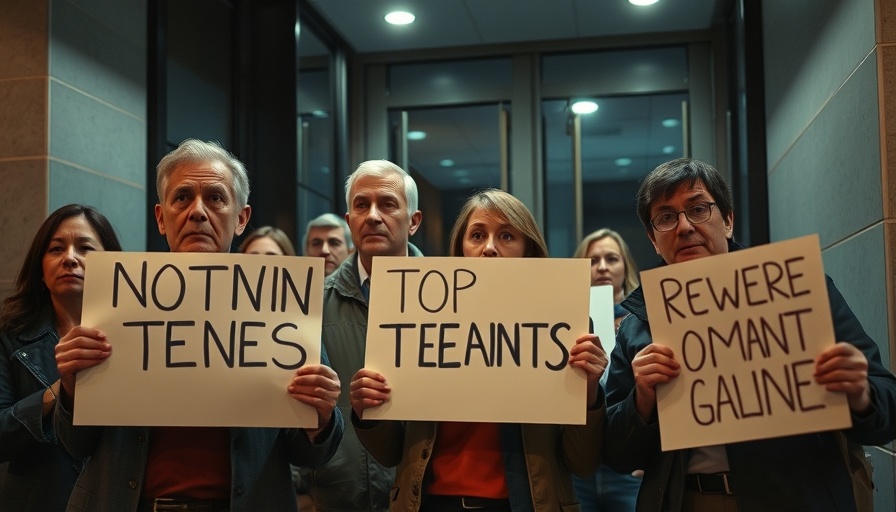
New Landfill Ordinance Enhances Public Health and Safety in Tarrant County
Tarrant County has taken a bold step to protect its residents and environment by enacting stringent regulations on solid waste landfills. This newly passed ordinance, celebrated by many, underscores the county's commitment to ensuring that public health and safety remain a priority amidst growing concerns about waste management in urban environments.
Why This Ordinance Matters to Fort Worth Residents
The unanimous approval of the ordinance during the July 1 commission meeting marks a significant victory for community advocates worried about the potential impact of landfills on their neighborhoods. With provisions that dictate a minimum distance of at least 2,640 feet from schools, homes, day care facilities, and water sources, the ordinance aims to mitigate health risks associated with pollution and ensure a cleaner, safer environment for all, especially young children and vulnerable individuals.
Ensuring Clean Water and Air Quality
One of the standout features of this ordinance involves extended buffer zones around key water sources, such as Eagle Mountain Lake and the Trinity River. By requiring landfills to be situated at least 10,560 feet from these critical resources, the county aims to protect drinking water quality and reduce the risk of contamination. This thoughtful approach highlights the proactive measures Fort Worth is taking to secure its water supply against potential waste pollution.
Community Response to Solid Waste Concerns
The decision to ban solid waste landfills in most areas has been championed by local residents and officials alike. Community members have long expressed their fears about how waste facilities could compromise their quality of life. The ordinance doesn't apply to incorporated cities, but for unincorporated areas of Tarrant County, it sends a clear message: development must align with the values and health of the community.
A Look Into the Future: How Will This Ordinance Shape Development?
By posing strict regulations on landfill sites, Tarrant County is setting a precedent for future development projects. Developers must now navigate these robust guidelines, which are not only designed to safeguard public health but also to ensure sustainable growth. As the demand for waste disposal continues to rise, this ordinance offers a framework that prioritizes community well-being over short-term financial gains.
A Call to Community Engagement
With the new ordinance in place, it's important for Fort Worth residents to remain engaged with local policy-making. Understanding the regulations surrounding waste management is essential for holding developers accountable and advocating for a sustainable future. As the community works together, they can ensure that their voices are heard, continuing to protect the environment for future generations.
Ultimately, the Fort Worth community has a powerful opportunity to shape its own narrative concerning waste management and development. By supporting measures that prioritize public health and environmental protection, residents can create a greener, healthier future for everyone.
 Add Row
Add Row  Add
Add 




Write A Comment